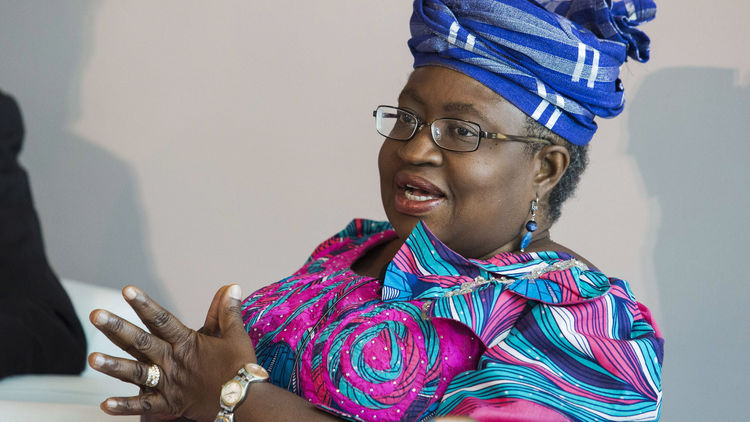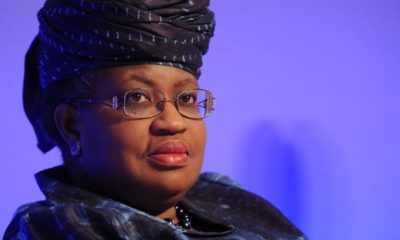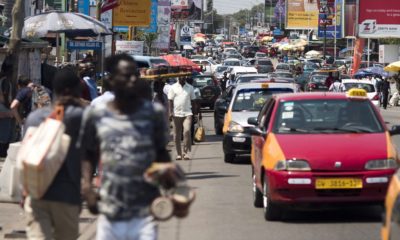Dr. Ngozi Okonjo-Iweala, the Director-General of the World Trade Organisation (WTO), has said African nations need debt restructuring to stimulate growth following the devastating effect of COVID-19 on the continent.
The Director-General, who spoke at a virtual meeting, UBA Africa Conversations, organised to commemorate the 2021 Africa Day, said debt restructuring will allow the continent to breath and begin major recovery as seen in advanced economies.
Speaking on trade, Okonjo-Iweala said African nations must do what it takes to ensure the African Continental Free Trade Agreement (AfCFTA) succeeds.
“I really believe in the AfCFTA. I am proud our presidents have done this… though there are still logistical issues that prevent us from benefiting. Some parts of the continent are doing a lot better than others. We still have lorries lying up at borders,” the WTO D-G said.
“In East Africa, they are doing a little bit better with movement across borders. That also means investment in infrastructure. We can make the movement of goods and people work better.
“We have this AU passport, so business people can get one and ordinary Africa so that we can move easily across Africa. I am very hopeful.
“If we want the African continent free trade area to work, we must make good, services and people flow easily across borders. I am very hopeful, really hopeful.
“Lastly, we don’t really have a choice, if we want to change the tenor of growth in Africa, rely more on ourselves, and less on the outside, if we want to export and specialised more, to add value to our raw materials, we’ve got to make the AfCFTA work and the WTO is expectant and waiting to support the continent to make this work.”
On economic recovery post-COVID, Okonjo-Iweala advised African nations to address health crises, diversify to get more fiscal stimulus into the economy and revive the service sector — such as logistics and tourism. “In the medium and long terms, we have to diversify our economy and take advantage of the Africa free trade agreement.”
Tony Elumelu, the Board Chairman of UBA Plc, who also spoke at the event said digitization of businesses across the continent will help deepen growth and enhance profitability across the continent.
“Digital technology can create jobs and lift productivity. We need to assist the young ones to drive the technological sector in Africa,” he said.
According to Elumelu, the theme this year is ‘Bringing Africa to the World’, epitomised by the global success of the panellists’ careers.
At a time of unparalleled African leadership in global organisations, the UBA Africa Conversations provides the opportunity for an African and global audience to hear directly from our distinguished guests on Africa’s relationship with the world, the opportunities and the challenges, and their own personal journeys.

 News3 weeks ago
News3 weeks ago
 Business3 weeks ago
Business3 weeks ago
 Technology3 weeks ago
Technology3 weeks ago
 Investment3 weeks ago
Investment3 weeks ago
 Banking Sector3 weeks ago
Banking Sector3 weeks ago
 Banking Sector3 weeks ago
Banking Sector3 weeks ago
 Appointments3 weeks ago
Appointments3 weeks ago
 Investment3 weeks ago
Investment3 weeks ago





























